In Defense of Self-Direction
What Tocqueville, Aristotle, and Mill understood about human autonomy
In the spring of 1831, Alexis de Tocqueville first set foot on American shores. What he encountered there would reshape his understanding of human potential.
Traveling through New England’s townships, the young French aristocrat witnessed a form of social organization that seemed almost alien to his European eyes. In France, citizens looked upward to Paris, to prefects, to centralized bureaus for permission to act. Every local project required approval from distant authorities. The result was a population trained in dependence.
But in these American townships, citizens looked to each other and to their own judgment. They founded schools when their children needed education, built bridges when commerce demanded passage, organized fire brigades when houses burned. No one had taught them to ask permission; no one had granted them authority. They acted through their own deliberation and developed their capacity for judgment through practice.
Tocqueville’s profound insight was this: when citizens are habituated to depend on others for every choice, they gradually erode the capacity to choose at all. Yet when left free to exercise their judgment, they become energized and empowered through practice.
What he witnessed in these townships was human autonomy in action—the vigorous exercise of individual capacities for self-direction—and its effects on both the individual and the community. Early America’s culture of active citizenship created what he recognized as democracy’s essential defense against a kind of gentle submission he called “soft despotism.”
Autonomy as the Central Human Good
This essay makes a fundamental claim: To flourish as humans requires more than comfort, efficiency, or the mastery of nature. The greatest goods of human life—friendship, family, wisdom, creative endeavor—cannot be delivered to us ready-made. They must be pursued through self-motivated striving.
To activate and realize our potential, we must volitionally explore the world: encounter it, experience it, enjoy it, get hurt by it. We need to experiment and discover for ourselves the patterns that lead to flourishing, and have the space to discuss and share what we learn.
This matters both individually and collectively. The person who lives according to others’ choices, however wise those choices might be, cannot develop the self-knowledge that comes from wrestling with difficult decisions or experience the satisfaction of pursuing projects that emerge from their own commitments. Most fundamentally, they cannot become who they are meant to be, because that becoming requires the exercise of choice over time.
Autonomy also enables our highest collective achievements. Democracy depends on citizens who can form deep convictions about what matters, deliberate thoughtfully about competing goods, and join together to realize shared aspirations. Without this capacity for independent judgment, democracy degenerates into what Tocqueville warned against: a kind of soft despotism where citizens gradually lose the ability to govern themselves.
Science depends on the same principle of autonomous judgment—a republic of inquirers who can hypothesize, criticize, and revise without fear of doctrinal veto. Major scientific advances have tended to emerge from autonomous inquiry. When authority overrides this freedom, as with Galileo under the Inquisition or Soviet genetics under Lysenko, discovery stagnates and error becomes entrenched.
When we habitually outsource our judgment—whether to experts, algorithms, authorities, political parties, or majority opinion—we gradually erode the capacity for independent thought that makes both personal flourishing and collective achievement possible.
The Philosophical Foundations of Autonomy
A central ambition of Enlightenment progress has been to increase human autonomy. The goal was to allow individuals to educate themselves, live according to their own knowledge and choices, and realize their aspirations.
Immanuel Kant captured this spirit when he channeled Horace’s maxim "Sapere Aude": dare to know, have the courage to use your own understanding. This was the Enlightenment’s promise: that ordinary people could break free from tradition and authority to think for themselves.
Kant’s channeling of Horace was itself telling—it revealed that the Enlightenment ideal of autonomy had ancient roots. The philosophical foundations for self-direction stretch back to thinkers who first grappled with what it means to live well as rational beings.
Aristotle: The Rational Foundation of Self-Rule
Aristotle begins with a simple question: what makes a thing perform its function well? A knife is good when it cuts well; he contends that a human is good when he or she exercises reason well. This is part of our nature and it is what makes us distinctive as humans. Hence, for Aristotle, human excellence is reason-guided activity of the soul in accordance with virtue, sustained over a complete life. This rational excellence requires active practice, not mere understanding.
Practical reason arranges subordinate ends (food, money, reputation) for the sake of intermediate ends (health, civic order), which in turn serve the ultimate end: eudaimonia. Aristotle insists the chain must terminate: if it ran infinitely, pursuit would be “empty and futile.” Eudaimonia caps it as a self-sufficient, activity-based end. The capacity for rational choice allows us to steer this hierarchy ourselves. If appetite, fashion, or—today—an algorithm dictates your ends, the hierarchy collapses into heteronomy (rule by others rather than self-rule).
Moral truth is actionable, not merely contemplative. A student who “follows his feelings” yet never acts justly gains nothing; virtue is formed only by repeatedly doing just and brave deeds.
Rational self-governance, in this view, means alignment with a universal human good: the individual consciously organizes her means and daily actions to express the shared final end. This is autonomy in its classical form—not self-invention, but self-direction toward a universal human good. Later thinkers loosen or remake this idea—treating the final end itself as plural or self-invented—but Aristotle’s version is objective, common, and based on our nature, not as individuals but as human beings.
Humboldt: Autonomy as Self-Cultivation (Bildung)
Wilhelm von Humboldt believed in "The absolute and essential importance of human development in its richest diversity." Where Aristotle emphasized a shared final end, Humboldt celebrates individual diversity as the path to human flourishing. For him, every person should become a “complete and consistent whole,” drawing on the full palette of human experience. To achieve this he emphasizes (i) a variety of situations, (ii) the highest and most harmonious development of powers, and (iii) the eternal and immutable dictates of reason. Humboldt’s thought braids together three distinct strands:
Romantic / Faustian Strand—Restless Variety: In the wake of Goethe’s Faust, early-nineteenth-century German Romanticism glorifies unceasing exploration: new sensations, new arts, foreign languages, distant mountains. Humboldt adopts this as the motor of Bildung: latent powers awaken only when jolted by diverse experience.
Hellenistic (Greek) Strand—Harmonious Form: Looking back to classical Greece, Humboldt admires the ideal of balanced, proportionate excellence—mind, body, and character supporting one another like columns of a temple. The criteria for harmony match that of harmony in a piece of art, where you can’t specify a formula in advance but can know it when you see it.
Kantian Strand—The Moral Limit: From his contemporary Kant he takes the injunction to treat every person as an end in himself. The state’s job is negative and universal: enforce equal rights, prevent coercion, and then stand aside. This moral guard-rail ensures that one individual’s expansion never crushes another’s.
These strands are logically independent. You can crave variety yet ignore harmony (pure Romanticism), or prize harmony yet impose it coercively (a Greek-flavored authoritarianism), or preach Kantian duty while stifling individuality. It’s their simultaneous presence—restless exploration plus internal balance plus respect for others—that delivers genuine autonomy.
For Humboldt, this view of autonomy shapes the state’s proper role. Government shouldn’t act as a shepherd but as an umpire: maintain the playing-field of rights, then stand back. An over-protective government, whether through excessive regulation, educational uniformity, or stifling of local initiative, saps the energy and individuality on which human progress depends. The same would apply to algorithmic curators that flatten difference with the goal of optimization.
Mill: Autonomy as a Standing Capacity
For John Stuart Mill autonomy designates "the capacities and opportunities involved in self-critical and imaginative choice-making.” Like physical strength, it develops through exercise and atrophies through disuse. We tend to value autonomy more as we develop it, and prize it less when it remains dormant. This makes autonomy both a standing capacity and a range of meaningful options from which to choose.
Mill offered no guarantee that autonomous agents would choose wisely or flourish. Autonomy is not a promise of good outcomes. But it serves a dual role in human life: it is both causally efficacious for flourishing and an ingredient of happiness deeply embedded in the nature of human action. Because autonomy is constitutive of human flourishing rather than merely instrumental to it, paternalistic gains in welfare cannot simply outweigh its loss.
Two primary conditions make autonomy possible. First, security, by which he meant reliable protection of life, property, and reasonable expectations. Second, liberty, by which he meant the classical freedoms of thought, discussion, association, and movement. Without these foundations, we cannot exercise our autonomous powers. To develop autonomy, Mill argued that we need "experiments in living"—diverse experiences that aid self-knowledge and help us discover what is authentically our own. These experiments are Mill’s preferred method for cultivating the capacity for self-direction.
What the Tradition Reveals
These three thinkers converge on a profound insight: human autonomy must be actively developed from our natural capacities through the right kind of reflection and engagement with the world.
Aristotle establishes the foundation: rational self-governance directed toward human flourishing. Humboldt enriches this by showing that such governance requires developing all human powers (reason, emotion, creativity, aesthetic sensibility) through diverse experience. Mill completes the picture by demonstrating that this development happens through the disciplined practice of choice-making under conditions that allow for genuine experimentation.
What emerges is autonomy as judgment developed through experience and exercised through choice. This explains why Aristotle emphasized habituation, why Humboldt insisted on variety of experience, and why Mill advocated experiments in living. Each recognized that autonomy must be developed through practice.
From this synthesis: Autonomy is the cultivated capacity to deliberate well about how to live, to revise one’s understanding through experience, and to act on one’s own judgment within a community that recognizes this same capacity in others.
This clarifies the distinction between autonomy and mere agency, terms that are often conflated. Agency (from the Latin “to act”) executes choices; autonomy (from the Greek “self-rule”) authors lives. You can have agency while being nudged toward algorithmically optimized outcomes: the choice mechanism operates, but you’re not the author of your ends. But autonomy requires developing judgment through your own engagement with alternatives, forming convictions through your own reflection, building character through your own choices over time.
Agency without autonomy is hollow: sophisticated choice-execution emptied of genuine purpose. Autonomy without agency is impotence: a clear vision of what matters but no power to pursue it. Both are necessary, but autonomy provides the foundation that transforms choice-execution into genuine self-direction.
If autonomy is the cultivated capacity for self-direction, developed through practice, reflection, and choice over time, then our relationship with AI systems will determine what kind of beings we become. The habits we form today—whether we cultivate our own judgment or defer habitually to AI systems—will shape human nature itself. Will future generations develop autonomously, or will they become increasingly adept at following algorithmic guidance?
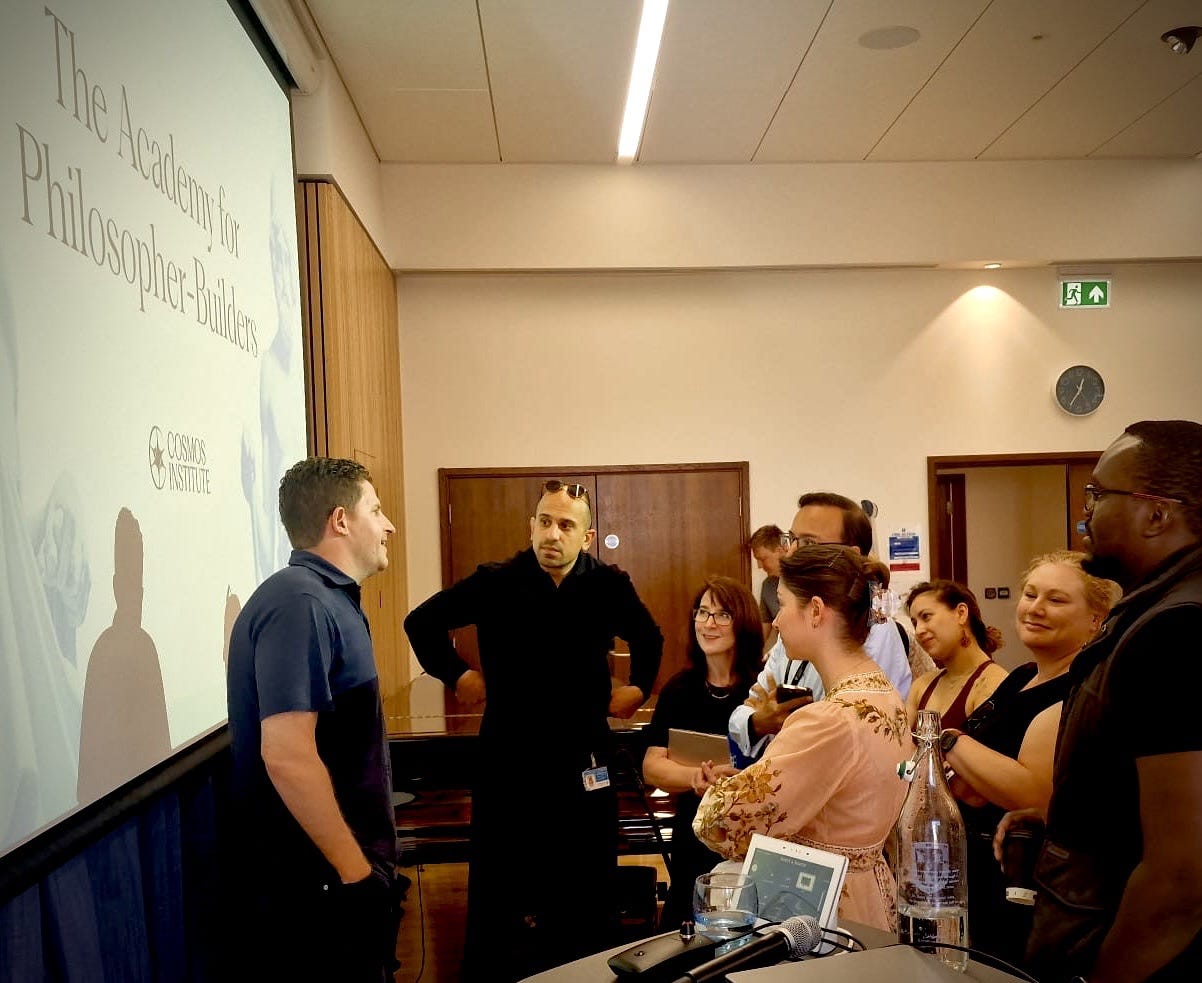
Cosmos Institute is the Academy for Philosopher-Builders, with programs, grants, events, and fellowships for those building AI for human flourishing.



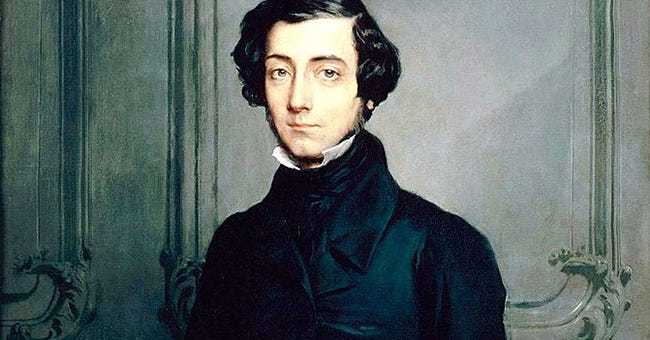
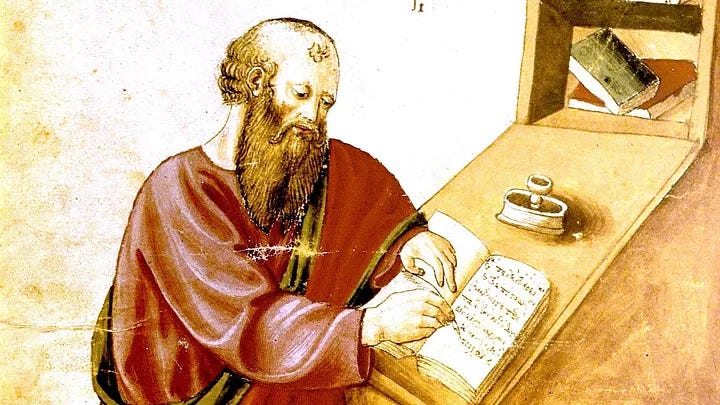
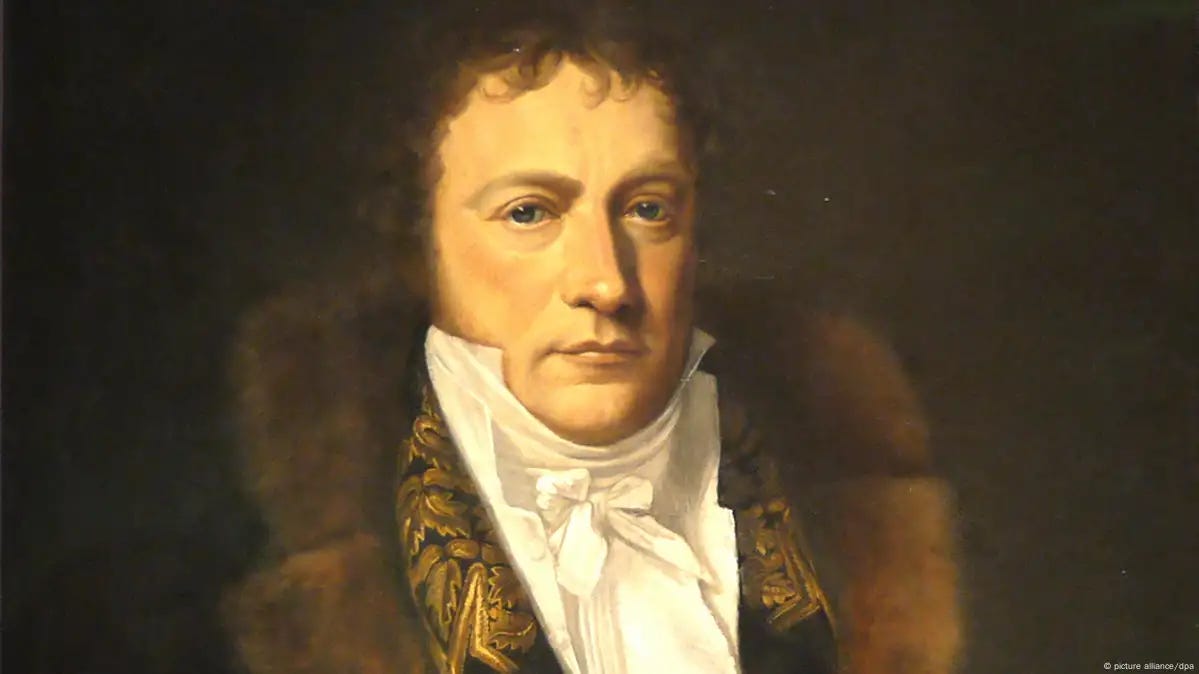
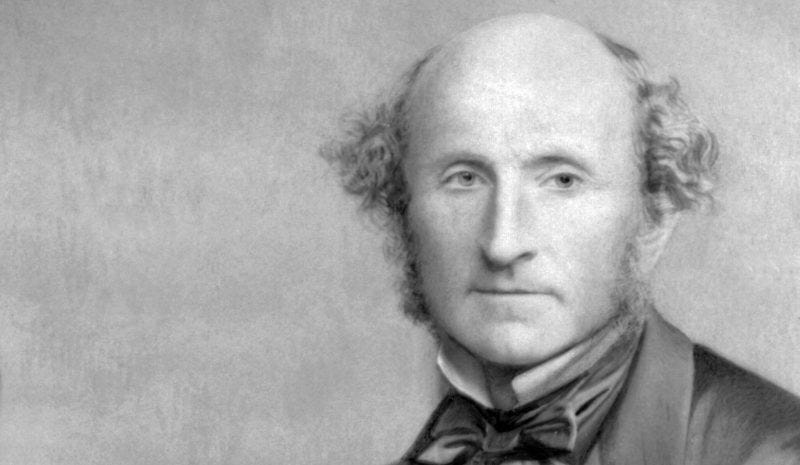


Thank you for this thoughtful piece. The case for self-direction as a central human good is compelling—especially in an age when so many of our choices are quietly shaped by large-scale institutional actors. That said, I find myself wanting to pair autonomy with compassion as a co-equal value, especially given the increasingly interdependent nature of our planetary systems.
From a Buddhist lens, self-realization without a corresponding deepening of care for others risks becoming another form of delusion. I’m intrigued by what might emerge if we rethink autonomy not as isolation or self-sovereignty, but as the cultivated ability to act wisely and compassionately within a manipulated decision landscape. Looking forward to future explorations—thank you again for stirring the waters so thoughtfully.
Here's a piece I recently posted that presents the core challenge for our species as a race between two singularities: https://aspenunderground.substack.com/p/a-race-between-two-singularities
Tocqueville was a very interesting french intellectual: even he was conservative on the religious side, the rest of its ideas was undoubtedly progressives.